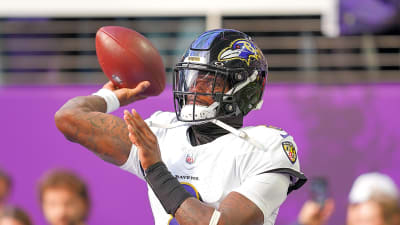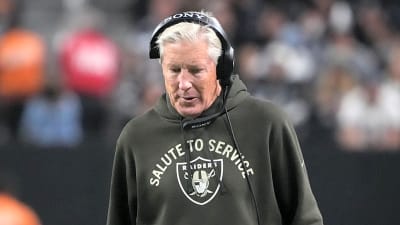
For a second straight offseason, Houston Astros owner Jim Crane is “wary” of exceeding the luxury tax threshold, Chandler Rome of The Athletic reports. Dipping under the tax line was a clear priority for Houston last offseason as well.
This year’s first-tier luxury threshold lands at $244M. Per RosterResource, the Astros are currently about $25M shy of that mark. Their DFA of Ramon Urias and last night’s trade of fellow utilityman Mauricio Dubón (for lower-priced utility option Nick Allen) trimmed a net $8.7M off that payroll projection, which uses MLBTR contributor Matt Swartz’s projected arbitration salaries.
Houston’s current $218.9M luxury tax projection could — and very likely will — dip further over the next 36 hours. The deadline to tender contracts to arbitration-eligible players is tomorrow at 5 p.m. ET. The ’Stros have several plausible non-tender candidates, including outfielder Jesus Sanchez ($6.5M projected salary), reliever Enyel De Los Santos ($2.1M projection) and outfielder Taylor Trammell ($900K projection). If the Astros move on from that trio, they’d trim a net $7.15M from the current $218.9M projection.
The Astros are known to be in the market for rotation help — they already took a cheap one-year flier on former top prospect Nate Pearson, guaranteeing him $1.35M — and have been working to balance out a heavily right-handed lineup for the better part of the past calendar year. Framber Valdez is a free agent, leaving Hunter Brown atop a starting staff with more question marks than reliable contributors.
Cristian Javier is a quality mid-rotation arm when healthy, but 2026 will be his first full year back from Tommy John surgery. Lance McCullers Jr. returned from a two-year injury absence in 2025 but struggled badly. Spencer Arrighetti missed most of the season with a broken thumb. Jason Alexander was a surprise contributor in 2025, but he’s a journeyman 33-year-old with no prior MLB success who’d struggled in Triple-A from 2023-24. J.P. France pitched just four MLB frames and was hit hard in Triple-A after spending the first two-thirds of the season rehabbing from shoulder surgery. Left-hander Colton Gordon was tagged for a 5.34 ERA in 19 starts as a rookie. Righty AJ Blubaugh impressed in his first 32 big league innings but was tagged for a 5.27 ERA in a much larger Triple-A sample. Each of Ronel Blanco, Hayden Wesneski and Brandon Walter underwent Tommy John surgery. Prospect Miguel Ullola could factor in, but he’s yet to pitch in the majors and has poor command.
Suffice it to say, the need for starting pitching is acute, but the means to acquire it aren’t exactly plentiful. The Astros can certainly add one free agent starter at a notable salary, but that’d eat up a good chunk of the space they have between their current standing and the first luxury tier. Adding a left-handed bat to a lineup where Yordan Alvarez and rookie outfielder Zach Cole are the only current options (assuming Sanchez is non-tendered or traded) will also cut into the gap. Houston would presumably prefer to add another catcher, too; current backup Cesar Salazar hit just .213/.353/.353 in Triple-A this past season and has just 67 career plate appearances in the majors. He’ll turn 30 in March. And of course, most teams prefer to maintain at least a little financial wiggle-room for in-season dealings.
The trade market always presents alternative options, but Houston’s farm system is in dire straits. The Astros have long shown a knack for coaxing strong performances out of pitchers who weren’t considered top-tier talent throughout the industry (though the team clearly stalled in that regard this past season). However, that doesn’t mean other clubs will be lining up to surrender established talent in exchange for minor leaguers from what’s widely regarded as a bottom-five system in the game.
It’s feasible that further trades could be engineered to create more spending power, but GM Dana Brown has downplayed the possibility of moving first baseman Christian Walker (owed $40M through 2027) and flatly said that he has “no interest” in trading infielder Isaac Paredes ($9.3M projected salary). As things stand, the Astros have limited spending power to address their needs and an even more limited stock of minor league talent to peddle if they try to upgrade via trade. There are never any “easy” answers when trying to assemble a competitive roster with sufficient depth to navigate a 162-game season, but Brown & Co. are staring at their most complicated puzzle in recent memory.
More must-reads:
- The offseason needs for every MLB team
- New Angels pitcher Grayson Rodriguez reveals interesting health update after Orioles trade
- The '2017 Houston Astros World Series roster' quiz
Breaking News
Trending News
Customize Your Newsletter
 +
+
Get the latest news and rumors, customized to your favorite sports and teams. Emailed daily. Always free!








